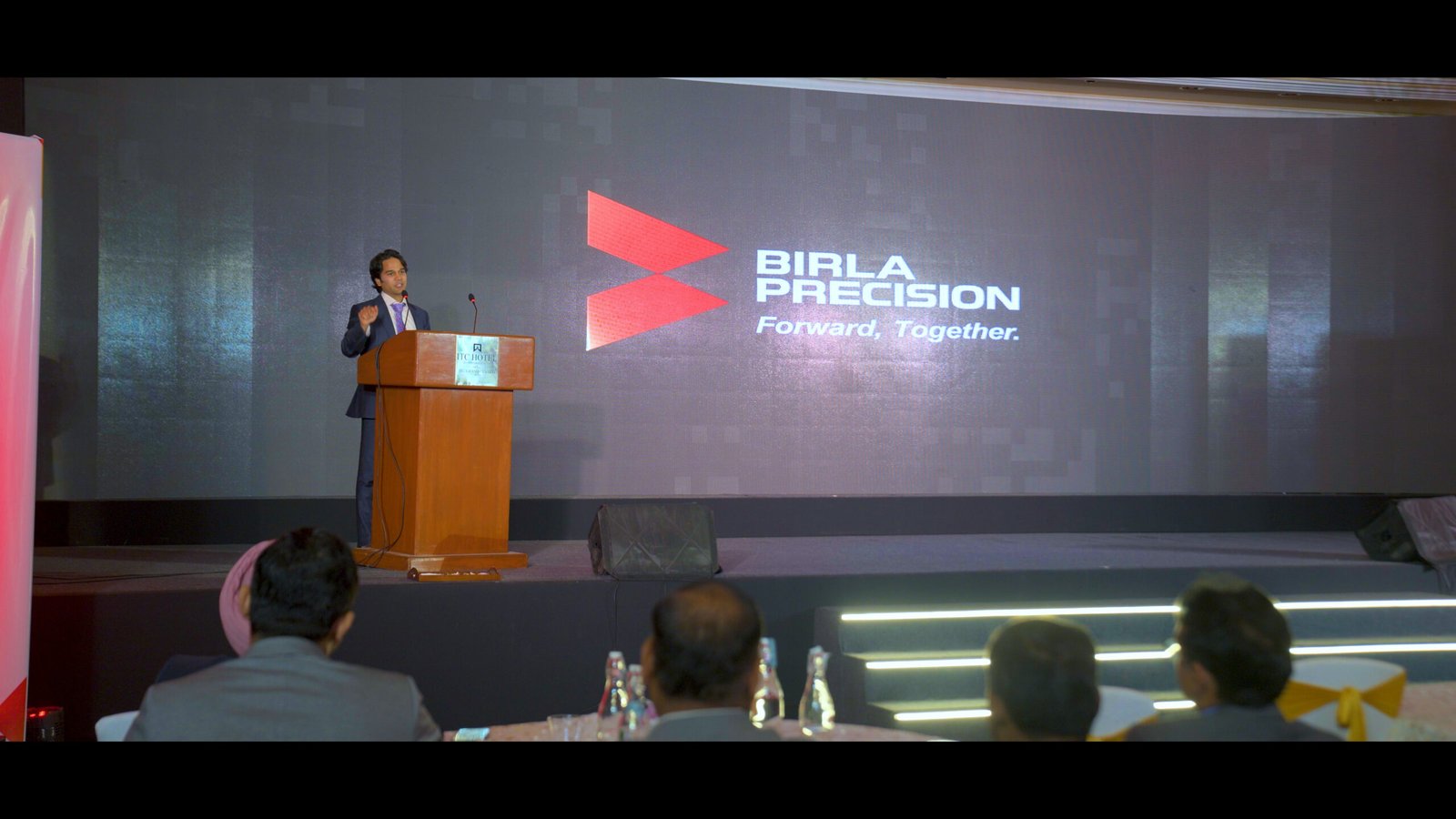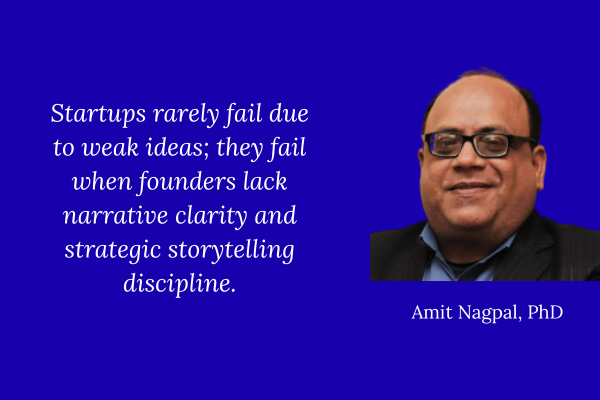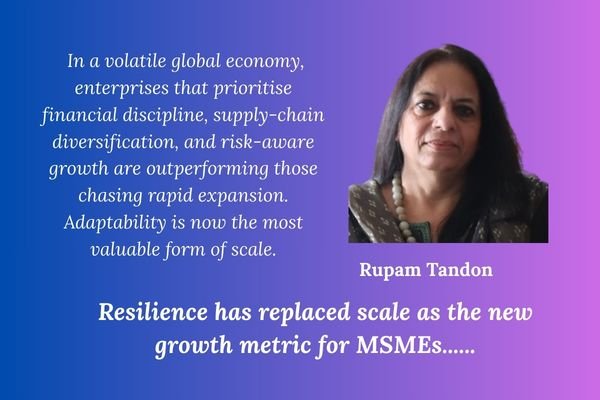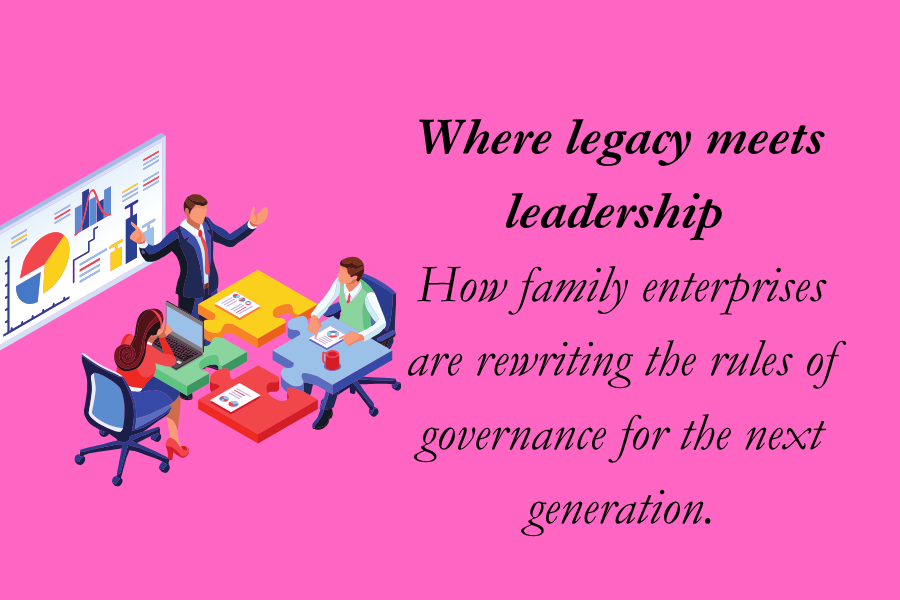Why legacy-led enterprises must professionalise without losing their soul
In her article Family Businesses 2.0: Balancing Tradition with Modern Governance, Rupam Tandon explores how India’s legacy enterprises can evolve without losing their essence. As family-run firms navigate global markets, investor scrutiny, and next-gen leadership, governance has become their true test of resilience. Drawing lessons from India’s Murugappa Group, Germany’s Mittelstand, and Asia’s conglomerates such as Samsung and Tata, the article argues that professionalisation is not a betrayal of family values — it is their best safeguard. Governance, when done right, transforms legacy into longevity.
Walk into any industrial town in India, and chances are you’ll find a family-run enterprise — from textile mills and auto parts makers to logistics and jewelry houses. These firms are the backbone of India’s economy, employing millions and driving exports. But behind their success lies a familiar paradox: the same family control that ensures stability can also limit growth if governance doesn’t evolve with time.
As Indian family businesses step into global markets and invite external investors, balancing legacy with modern governance has become one of the defining leadership challenges of our time.
The Family Edge — and Its Achilles’ Heel
Family-run enterprises bring something deeply valuable to capitalism: trust, long-term orientation, and emotional ownership. They think in decades, not quarters. Employees stay loyal, customers feel connected, and decision-making is swift.
But the very strengths that make these firms resilient can turn into weaknesses if unchecked:
- Centralised control that sidelines professional managers
- Opaque decision-making rooted in family consensus rather than formal oversight
- Succession battles that destabilise both leadership and culture
Globally, family businesses contribute more than 70% of GDP and 60% of employment — yet only 30% survive into the second generation, and a mere 12% make it to the third. The reason isn’t strategy or finance. It’s governance.
Why Governance Matters Now More Than Ever
In today’s competitive, transparent, and investor-driven environment, family firms are under pressure to modernise. Globalisation, ESG mandates, and digital transformation demand formal structures, accountability, and disclosure.
Here’s what is changing the landscape:
- Access to Capital: PE and institutional investors expect board independence and formal controls.
- Global Supply Chains: ESG compliance, data transparency, and audit trails are no longer optional.
- Next-Gen Leadership: Successors often prefer professionalism over paternalism — and investors expect it too.
Governance, once seen as an “outsider’s idea,” is now becoming an enabler of continuity, not a constraint.
India Meets the World: Three Models of Family Governance
1. The Indian SME: Values-Driven but Informal
Indian family enterprises — from the Murugappa Group to TTK, TVS, and Godrej — are known for their deep-rooted values and long-term thinking. Yet, many smaller family SMEs still run on trust-based informality. Decisions are made over family dinners, accounting is opaque, and succession often depends on seniority, not merit.
But the tide is turning.
- The Murugappa Group, a 124-year-old conglomerate, has demonstrated how formal governance and family cohesion can coexist. With a Family Constitution, clear succession norms, and an independent board, it combines continuity with transparency.
- The Group’s dispute resolution mechanisms ensure conflicts are addressed within frameworks — not in public.
Lesson: Embedding family charters, independent oversight, and professional leadership early creates longevity.
2. The European Mittelstand: Discipline as DNA
Germany’s “Mittelstand” — mid-sized, often family-owned enterprises — is a global benchmark in governance. These firms marry family ownership with professional management and institutional discipline.
- They appoint non-family CEOs, implement dual boards, and separate ownership from day-to-day control.
- Many Mittelstand firms have family councils that focus on legacy and values, while boards focus on business performance.
- Transparency and long-term sustainability are part of their cultural code — not investor-imposed.
Lesson: Governance is not a trade-off with agility; it’s what enables generational resilience.
3. The Asian Conglomerates: Scale through Stewardship
In Asia, family-led conglomerates such as Samsung (Korea), Ayala (Philippines), and Tata (India) demonstrate how governance maturity fuels global competitiveness.
- Samsung’s evolution from a founder-led group to a publicly listed multinational shows how board professionalisation, compliance systems, and shareholder accountability can coexist with family influence.
- While control remains with the founding family, modern governance ensures investor confidence and operational transparency.
Lesson: Family control doesn’t have to mean family management — stewardship matters more than ownership.
The Succession Challenge: Passing the Baton, Not the Burden
Succession is where legacy businesses stumble the most. Leadership transitions are emotional, political, and often delayed until crisis hits. But good governance can turn succession into a structured renewal rather than a rupture.
Here’s what progressive families are doing differently:
- Formalising succession plans early — identifying future leaders based on competence, not lineage.
- Setting up family councils or trusts to separate ownership rights from management responsibilities.
- Creating next-gen development programs — sending heirs to work outside the family business before taking charge.
- Inviting independent directors or advisors to oversee transitions with objectivity.
Succession done right doesn’t erode the founder’s influence — it extends it across generations.
Professionalisation Without Losing the Family Soul
A common fear among founders is that governance will “corporatise” their business, diluting family values. But professionalisation doesn’t mean emotional detachment. It means clarity.
- Families can still set the vision and ethical tone, while professionals handle execution.
- Governance ensures accountability without eroding identity.
- A strong family constitution — defining roles, dividend policies, conflict resolution, and leadership principles — can keep both unity and performance intact.
As one European CEO put it: “We stopped asking who owns the company and started asking who is responsible for its future.”
Governance Tools for Family Enterprises
To transition from tradition to modern governance, families can start small:
| Governance Tool | Purpose |
| Family Constitution | Defines values, rules of engagement, and decision rights |
| Family Council | Manages family-business interface |
| Independent Board Members | Bring objectivity, strategic direction |
| Audit & Risk Committees | Ensure transparency and accountability |
| Succession Plan | Provides continuity and confidence |
Governance, at its best, is a family business insurance policy — protecting both relationships and reputation.
The Way Forward: Redefining Legacy
As India aspires to be a $5 trillion economy, its family businesses will shape that journey. The most successful ones will be those that combine emotional intelligence with structural discipline.
- Governance gives family firms a language of longevity.
- Professionalisation brings credibility to legacy.
- Succession, when transparent, turns founders into mentors, not monarchs.
The world’s most enduring family enterprises — from LEGO to Murugappa to Samsung — show us that modern governance doesn’t replace family values; it protects them.
Closing Thought
Every family business eventually faces the same question: Will our values survive our founders?
The answer lies in governance — the bridge between the wisdom of yesterday and the possibilities of tomorrow. Families that cross it will not just preserve their legacy; they’ll multiply it across generations.
Author Profile

-
Rupam Tandon is a seasoned financial services leader, global strategist, board advisor, and governance evangelist with over three decades of experience spanning investment banking, strategic advisory, board leadership, and startup governance. Her career reflects a blend of domain depth in financial services and an evolving commitment to strengthening corporate and startup governance frameworks.
Rupam’s professional journey began in financial markets and investment banking where she held senior roles with leading global institutions. Over her 30+ year career she has built expertise in banking, compliance, risk management, strategic partnerships, and organizational transformation across diverse regions including India, the United Kingdom, the United Arab Emirates, and North Africa. Her international leadership experience has equipped her with a nuanced perspective on global financial systems, cultural business dynamics, and cross-border governance practices.
In addition to her executive track record, Rupam carries the credential of a Certified Independent Director and is regularly invited to speak at industry forums on governance, risk, and ethics. She is active in advisory circles and contributes to shaping governance discourse for boards and leadership teams, especially in scaling organizations and emerging enterprises.
A thought leader in startup governance, Rupam contributed a specialist chapter on governance in the Enterprising Futures: Global SME Insights 2025 report, where she articulated how pragmatic governance structures act as strategic levers for resilience and investor trust in early-stage ventures. Her insights bridge best practices from established corporates with the agility needs of startups.
Beyond boardrooms, Rupam mentors' women leaders, advises founders on governance readiness, and advocates for ethical leadership as a catalyst for sustainable value creation in enterprises of all sizes.
Latest entries
 FEATURED27 January 2026From Survival to Strategy: How MSMEs Are Redefining Growth in a Fragmented Global Economy
FEATURED27 January 2026From Survival to Strategy: How MSMEs Are Redefining Growth in a Fragmented Global Economy Leadership19 October 2025Family Businesses 2.0: Balancing Tradition with Modern Governance
Leadership19 October 2025Family Businesses 2.0: Balancing Tradition with Modern GovernanceESG11 September 2025The Governance Premium: Why Trust Outperforms Growth
 ESG19 July 2025Enhancing Corporate Governance in Indian Startups and SMEs
ESG19 July 2025Enhancing Corporate Governance in Indian Startups and SMEs








